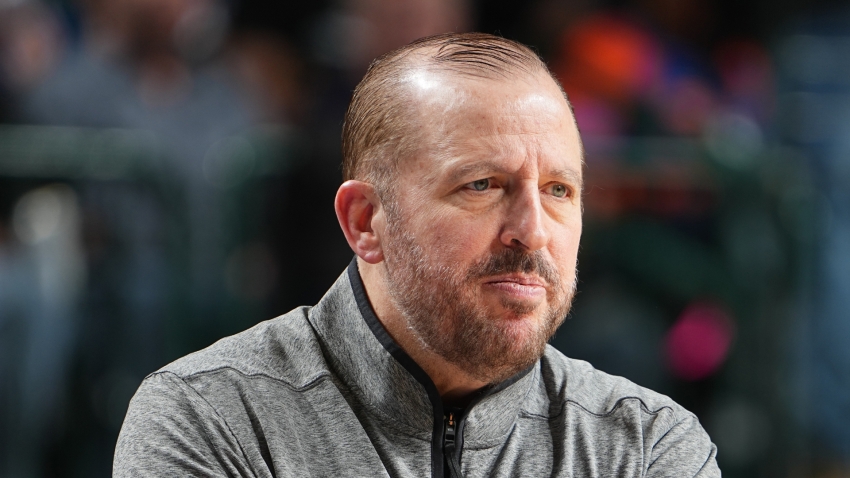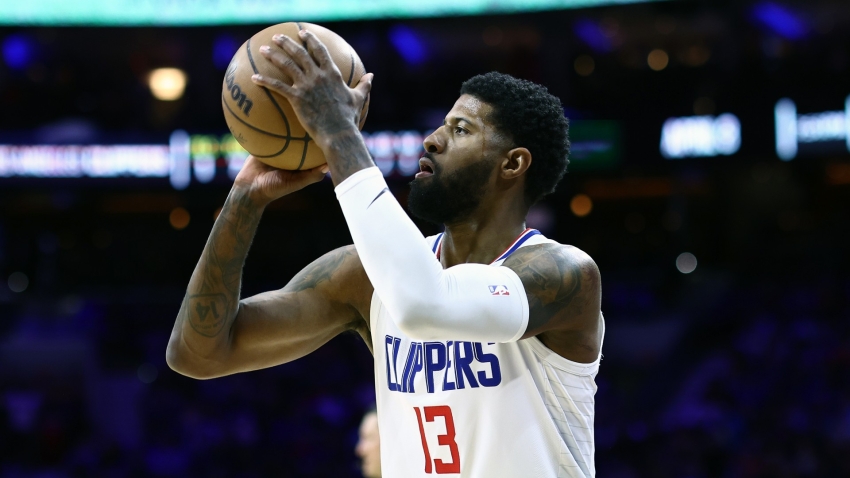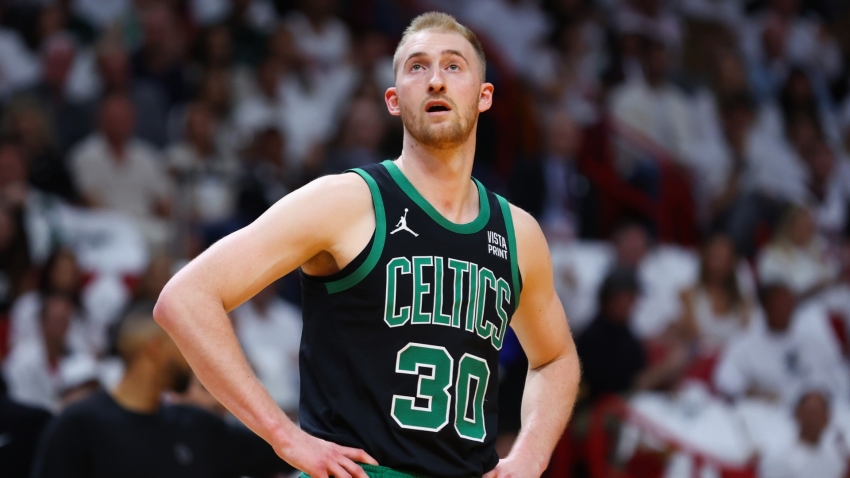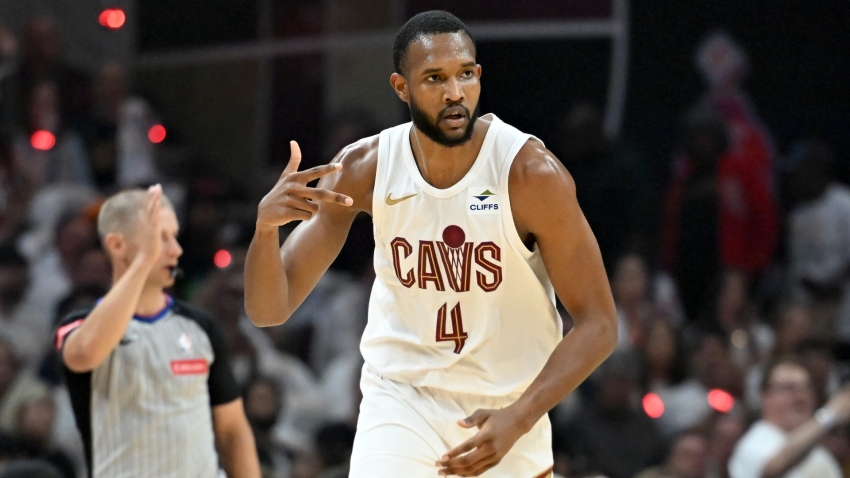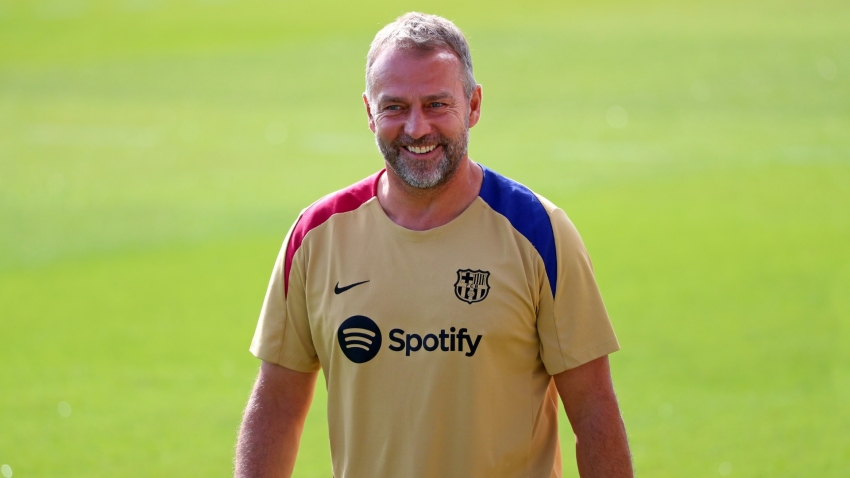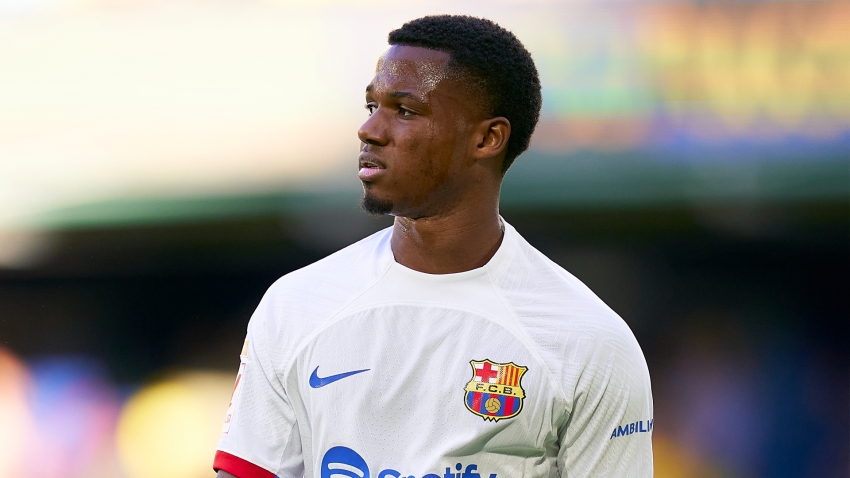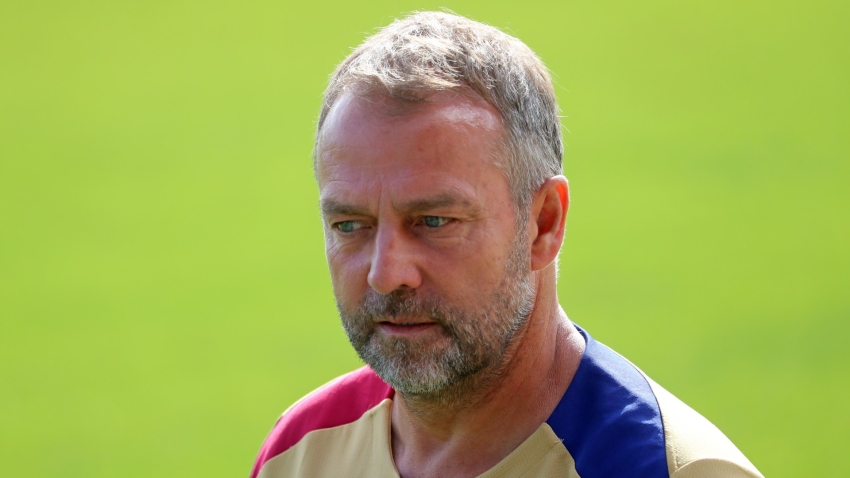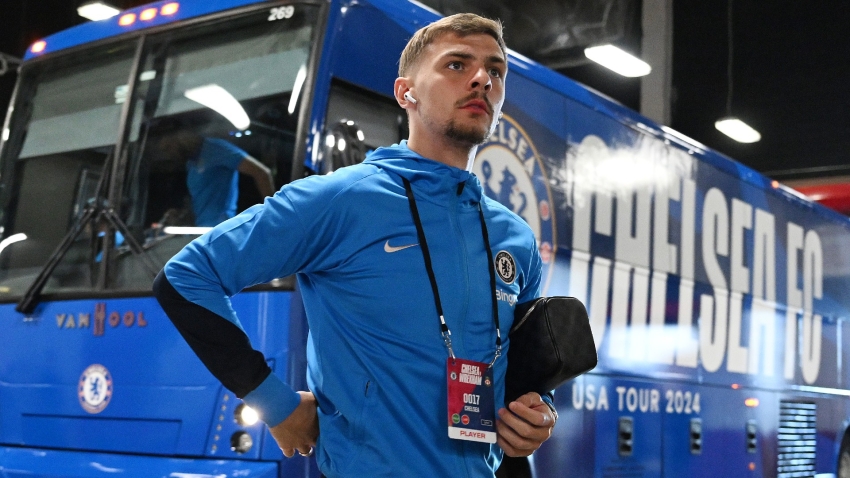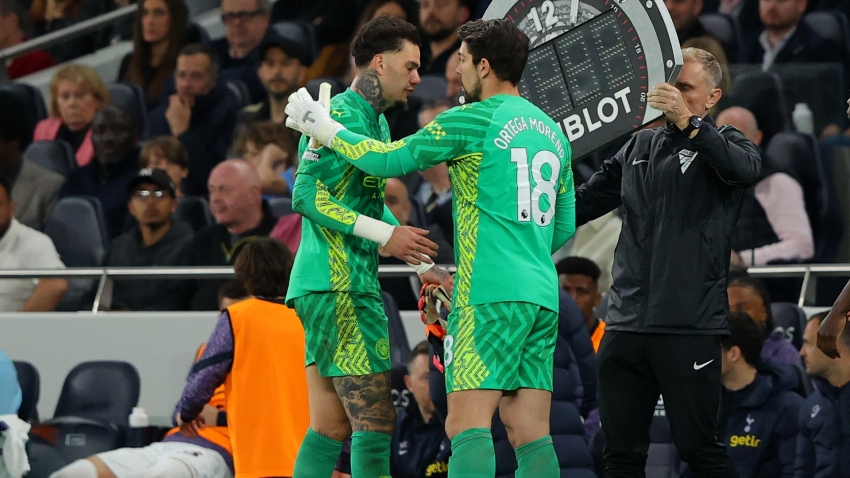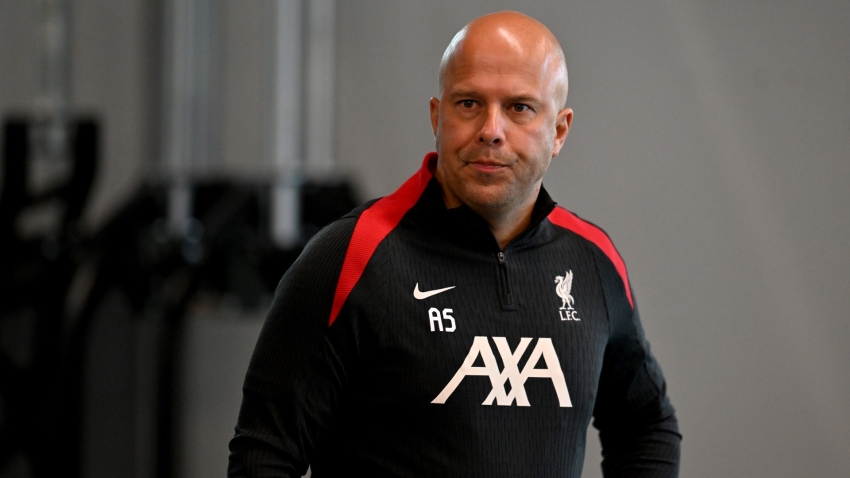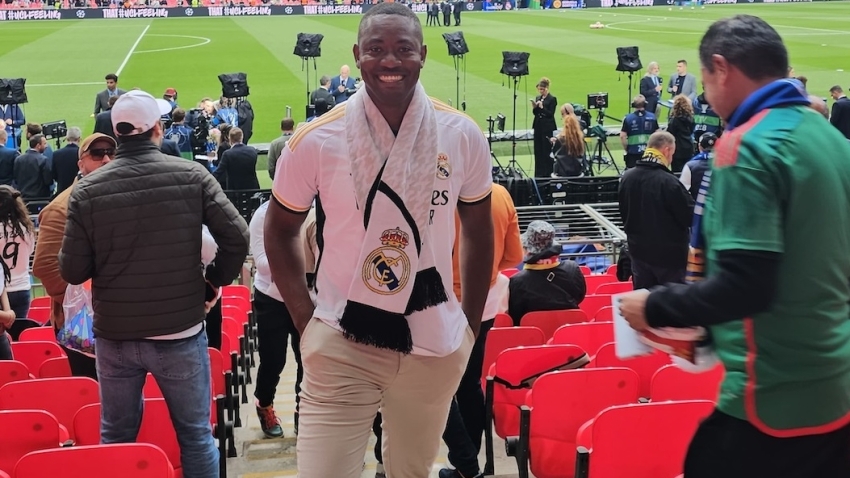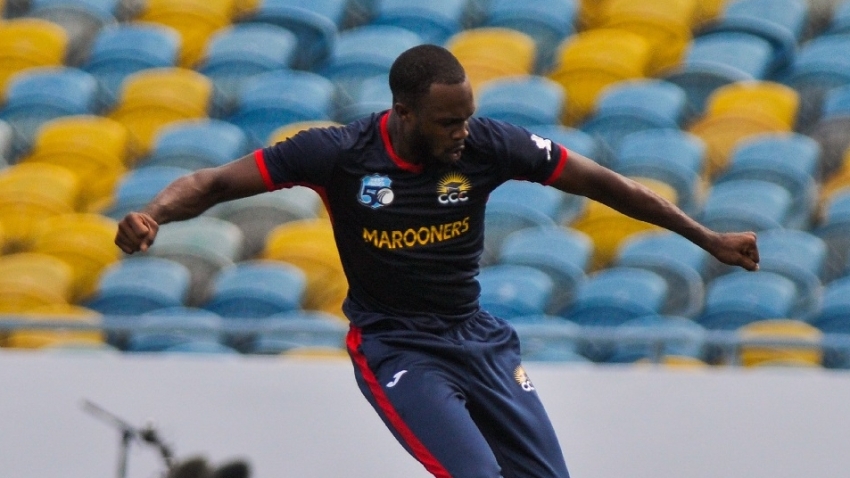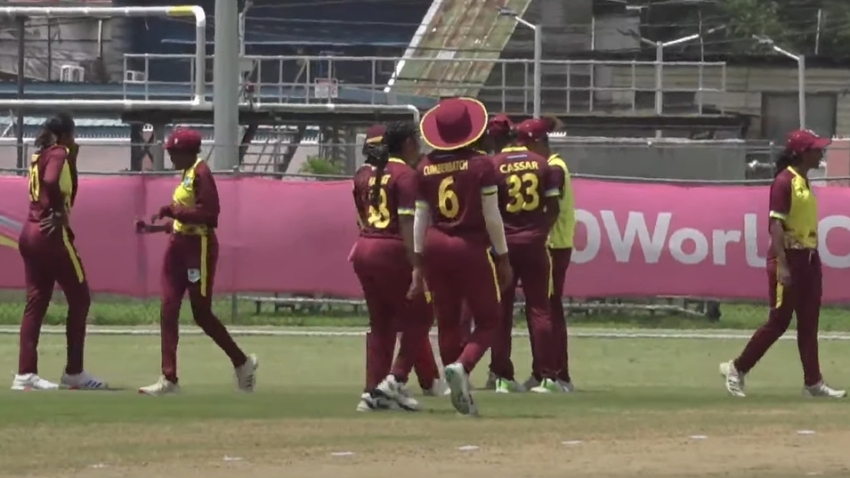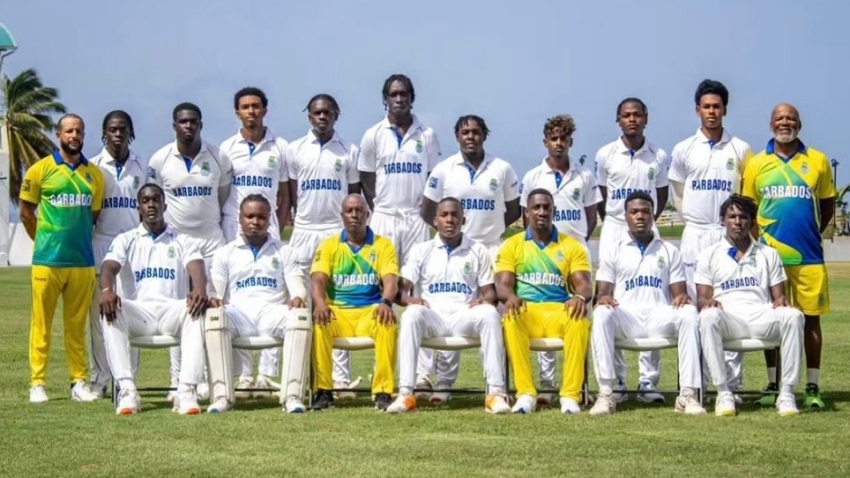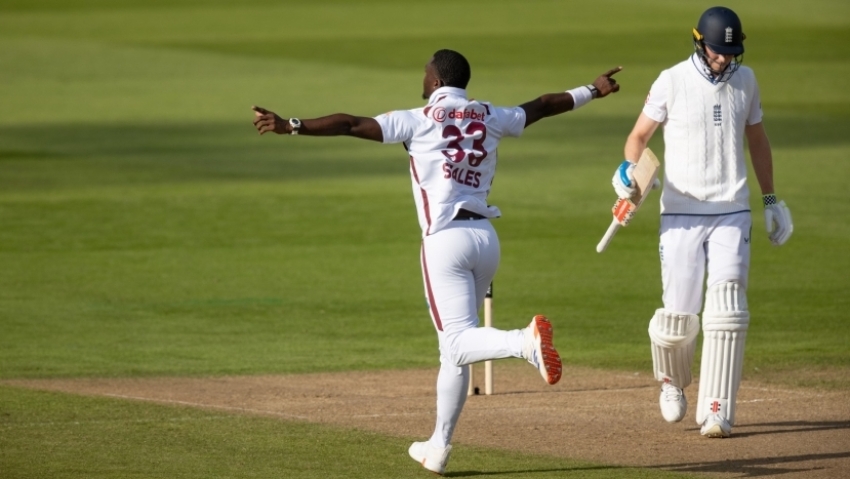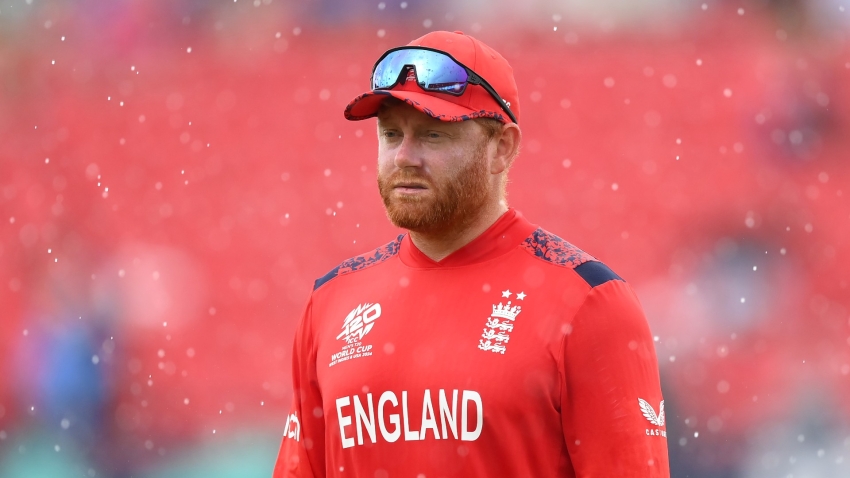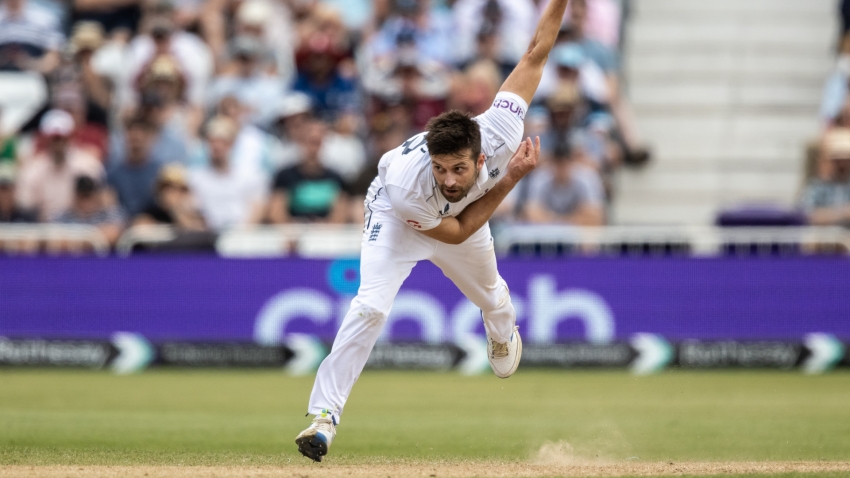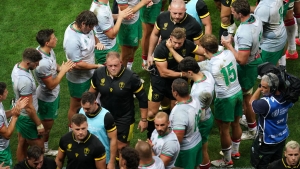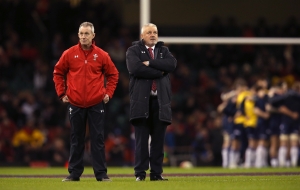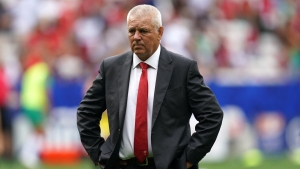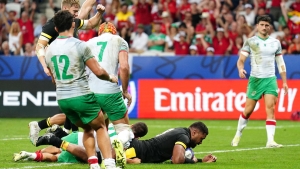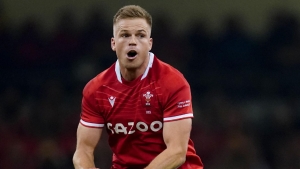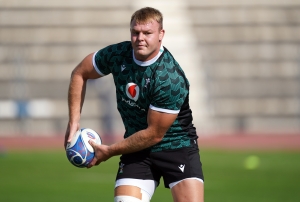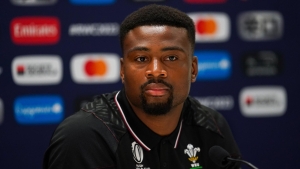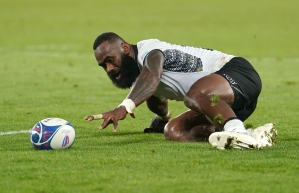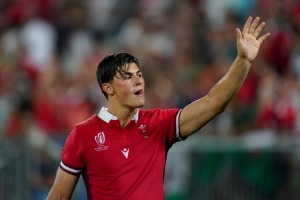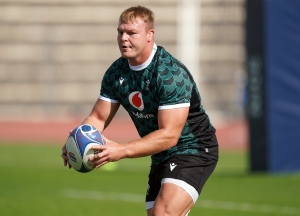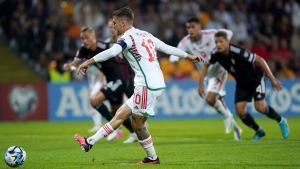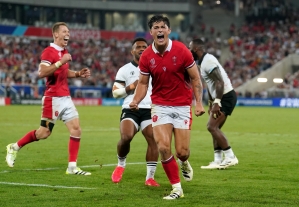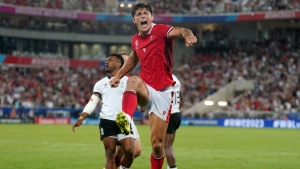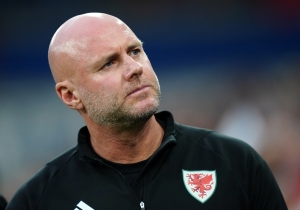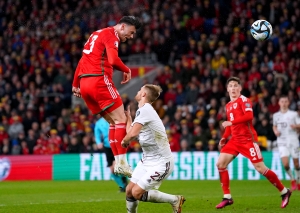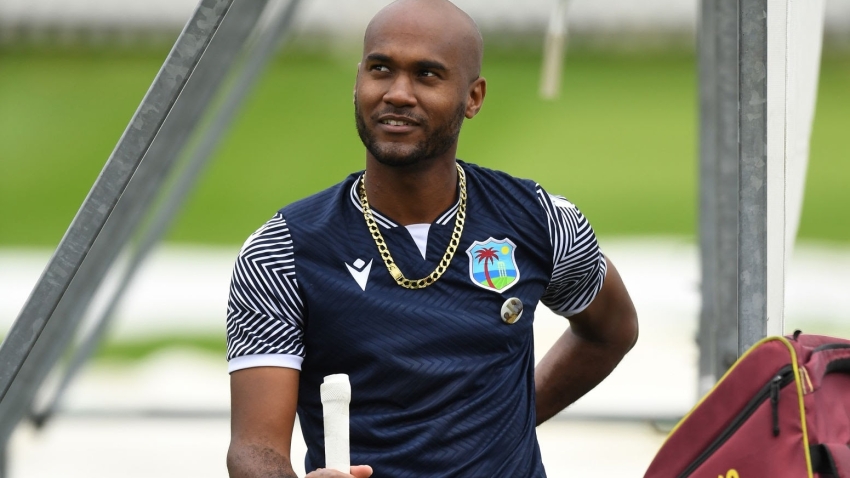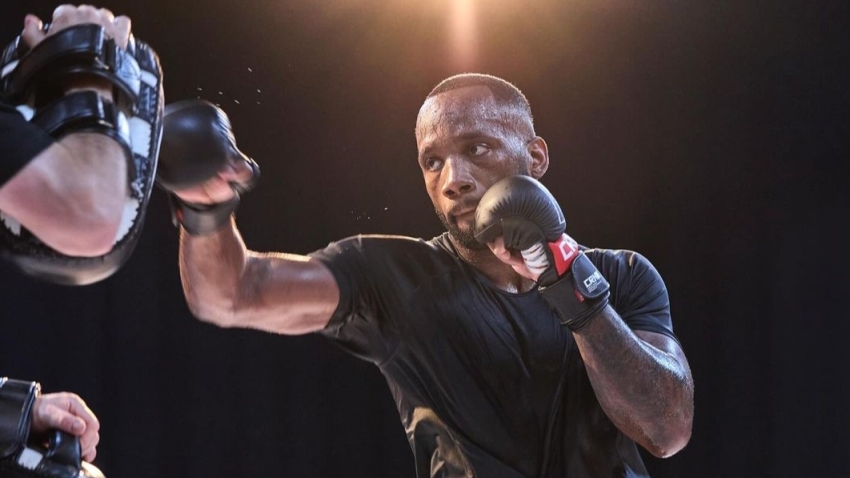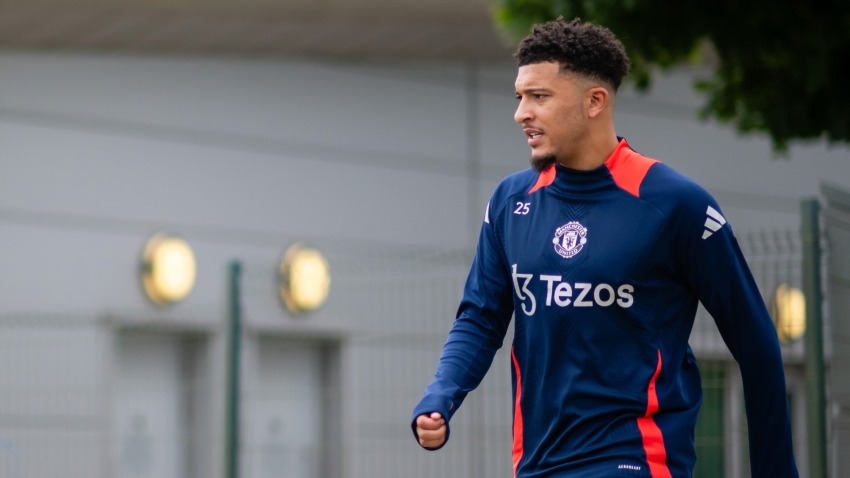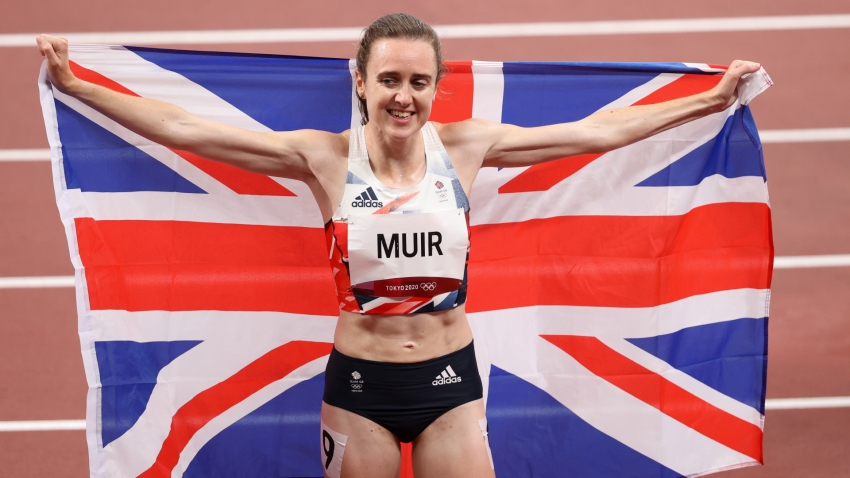Wales held their nerve in a frantic and pulsating Rugby World Cup clash to beat Fiji 32-26 and put themselves on course for the quarter-finals.
Fiji were expected to provide ferocious opposition in Bordeaux, and they did not disappoint, but Wales ultimately claimed a fourth successive World Cup win against them in nerve-shredding fashion.
It was tense throughout, especially when Fiji scored twice in the last seven minutes and Wales had to dig deep during a frenzied finale when Fiji centre Semi Radradra knocked on close to the line in the game’s last play.
Warren Gatland’s team ultimately prevailed through tries from Josh Adams, George North, Louis Rees-Zammit and Elliot Dee, with fly-half Dan Biggar adding two penalties and three conversions in a bonus-point success watched by Welsh Rugby Union patron the Prince of Wales.
Fiji claimed tries by captain Waisea Nayacalevu, flanker Lekima Tagitagivalu, plus replacements Josua Tuisova and Mesake Doge – Frank Lomani converted two and Teti Tela also added a conversion – yet Wales gained the victory they craved ahead of remaining Pool C appointments with Portugal, Australia and Georgia.
Gatland masterminded two semi-final appearances during his previous reign as Wales head coach, and his players produced easily their best performance this year.
Biggar steered the ship impressively, while Wales’ defence often came up trumps at key moments, even somehow withholding Fiji late on after they were matched blow for blow.
Taulupe Faletau returned to Wales’ starting line-up after a calf muscle injury that sidelined him for the entire tournament warm-up schedule.
Fiji, meanwhile, showed one enforced change from the side that beat England at Twickenham last month with fly-half Tela replacing an injured Caleb Muntz.
Wales made an outstanding start, taking an 8-0 lead in as many minutes through a Biggar penalty and Adams try.
Biggar, playing in his final World Cup before retiring from Test rugby, kicked a long-range penalty before Wales carved open the Fiji defence.
North’s powerful midfield surge was taken on by scrum-half Gareth Davies before possession quickly went wide and Adams – top try-scorer at the 2019 World Cup in Japan – finished in style.
Fiji responded strongly, though, and Nayacalevu scored a 13th-minute try that Lomani converted.
It was a breathless contest in stamina-sapping heat, and Wales fell behind just four minutes later after Radradra broke clear and his pass to Tagitagivalu gave him an easy run-in.
Lomani’s conversion took Fiji 14-8 ahead, ringing alarm bells for Wales, before Biggar cut the gap by landing a second penalty.
And Wales regained the lead after relentless pressure reaped its reward as Nick Tompkins sent North over between the posts, with Biggar’s conversion securing an 18-14 advantage midway through the second quarter.
Fiji thought they had gone back in front just before the break, but Saracens prop Eroni Mawi was denied a try following a lengthy review of his dive for the line.
Davies was then on the receiving end of a high tackle by Selestino Ravutaumada and departed for a head injury assessment to be replaced by Tomos Williams. Wing Ravutaumada conceded a penalty but escaped further punishment from referee Matthew Carley as Wales held a four-point interval advantage.
Davies returned for the second period, and Biggar missed a 30-metre penalty chance before they conjured a third try in an unlikely fashion.
Sharp work by Tompkins unlocked Fiji’s defence, and skipper and flanker Jac Morgan provided the assist by kicking into space and Rees-Zammit finished off, with Biggar’s conversion making it 25-14.
Fiji camped deep inside Wales’ 22 entering the final quarter, and it took sustained last-ditch defending to keep them out.
But the game looked to have drifted away from Fiji when Tagitagivalu was yellow-carded and Wales scored before he had barely left the pitch.
The forwards drove a short-range lineout, and Dee claimed a touchdown that Biggar converted.
However, Wales then lost replacement prop Corey Domachowski to the sin-bin for a technical infringement and Fiji had the final say through tries from Tuisova and Doge, but Gatland’s men held on.


